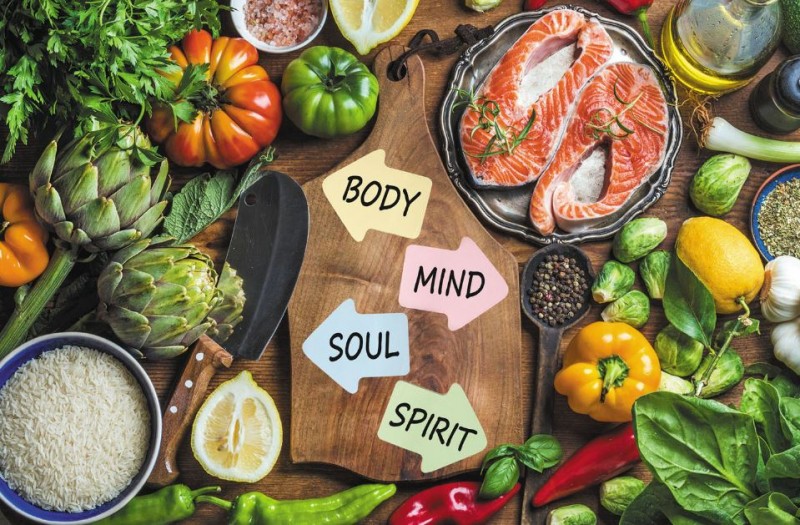
The connection between food and mood is a complex and multi-faceted relationship. Scientific research has increasingly shown that the food we eat can have a significant impact on our emotional well-being and overall mood. It is well known that unhealthy eating patterns can cause mood swings. Blood sugar fluctuations and nutritional imbalances are often to blame. Our minds and bodies don't function well without a steady source of fuel from the foods we eat. Several key factors contribute to this connection:
Neurotransmitters: Certain nutrients in food play a role in the production and function of neurotransmitters in the brain. Neurotransmitters, such as serotonin, dopamine, and norepinephrine, are chemicals that regulate mood and emotions. For example, carbohydrates can increase serotonin levels, which may help improve mood and promote relaxation.
Gut-Brain Axis: The gut and brain are interconnected through a bidirectional communication system known as the gut-brain axis. The gut houses a vast number of bacteria, collectively known as the gut microbiota, which can influence mood and behavior. A healthy and diverse gut microbiota can positively impact mood and reduce the risk of mood disorders.
Blood Sugar Levels: The foods we consume can influence our blood sugar levels. Rapid fluctuations in blood sugar can lead to mood swings, irritability, and fatigue. Balanced meals containing complex carbohydrates, protein, and healthy fats can help stabilize blood sugar and maintain a more even mood.
Micronutrients: Essential vitamins and minerals found in food are crucial for proper brain function and mood regulation. Deficiencies in nutrients such as vitamin D, B vitamins, magnesium, and omega-3 fatty acids have been linked to an increased risk of depression and other mood disorders.
Inflammation: Certain foods, such as highly processed or sugary items, can contribute to inflammation in the body. Chronic inflammation has been associated with a higher risk of depression and other mood disorders.
Comfort and Emotional Eating: Food can serve as a way to cope with emotions and stress, leading to emotional eating. However, relying on unhealthy comfort foods can create a negative mood and guilt cycle.
Food Allergies and Sensitivities: Some individuals may experience mood disturbances as a result of food allergies or sensitivities. Identifying and avoiding trigger foods can be essential for managing mood-related symptoms.
It's important to note that the relationship between food and mood can vary from person to person. What works for one individual may not have the same effect on another. Adopting a balanced and varied diet, emphasizing whole foods, and paying attention to how different foods make you feel can help optimize your mood and emotional well-being. If you have specific concerns about your mood or eating habits, consulting with a healthcare professional or registered dietitian is always a good idea.
As research in this area continues to evolve, an ongoing exploration of the food-mood connection can contribute to the development of personalized dietary interventions to support mental health and overall happiness. It is essential to remember that individual responses to food can vary, and seeking guidance from healthcare professionals or registered dietitians is valuable in tailoring dietary choices to support emotional well-being.
Know the 10 Health Benefits of Eating Lettuce
Multiple benefits of eating pears during the monsoon
Green moong is full of these wonderful properties, include it in your diet today